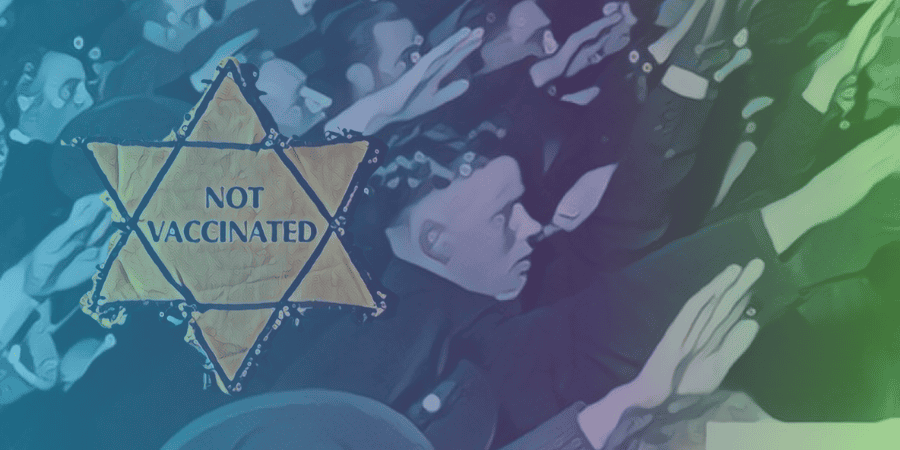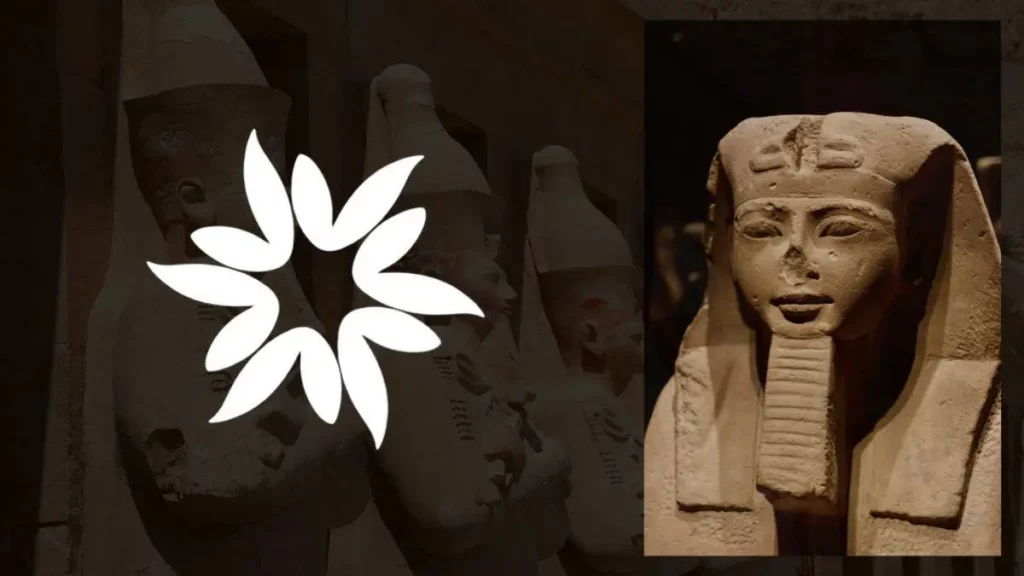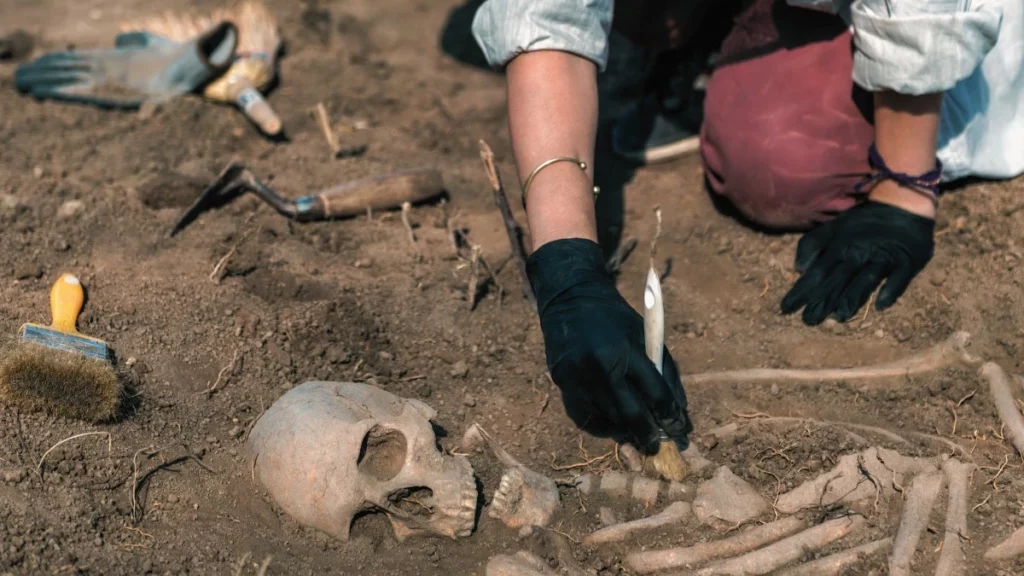Key Takeaways
- The misuse of Nazi comparisons in political discourse is a growing trend that lacks historical accuracy and can be dangerously misleading.
- Historical inaccuracies in Nazi comparisons can detract from a deeper understanding of contemporary issues and trivialize the experiences of Holocaust victims.
- Nuance is essential in political discourse, and responsible historical analogies can help prevent the normalization of dangerous ideologies and protect democratic values.
- Historians play a vital role in pointing out misleading or inaccurate analogies and offering more accurate historical comparisons.
- Accurate historical context is crucial to engage in responsible and accurate discussions about the past and its implications for the present, to avoid the trivialization of historical atrocities.
The Dangers of Inaccurate Analogies in Modern Politics
The misuse of Nazi comparisons in modern politics is a growing trend that often lacks historical accuracy and can be dangerously misleading.
This article will explore the implications of these analogies, the importance of nuance in political discourse, and the necessity for responsible historical comparisons in contemporary political debates.
The Surge of Nazi Comparisons in Political Rhetoric
In recent years, political discourse has seen an increase in Nazi comparisons. High-profile figures, such as Gary Lineker and Alexandria Ocasio-Cortez, have sparked controversies by comparing current policies and events to those of Nazi Germany.
These comparisons have been made on both sides of the political spectrum, with right-wing commentators likening cancel culture to Nazi censorship and left-wing commentators comparing the removal of LGBTQ books from libraries to Nazi book burnings.
This proliferation of analogies raises concerns about the potential for trivializing the Holocaust and Nazi crimes.
Gary Lineker’s Suspension Amid Rising Nazi Analogies
In early March, BBC presenter Gary Lineker found himself at the center of a media storm after comparing the UK’s Illegal Migration Bill to policies used by Nazi Germany.
His comments on Twitter led to his suspension from the BBC for breaching impartiality guidelines.
Lineker’s controversial statement reflects the growing trend of political commentators drawing parallels between contemporary issues and the Nazi regime, which can lack historical accuracy and downplay the experiences of Holocaust victims.
In recent years, political discourse has seen an increase in Nazi comparisons. High-profile figures, such as Gary Lineker and Alexandria Ocasio-Cortez, have sparked controversies by comparing current policies and events to those of Nazi Germany.

The Inaccuracy and Dangers of Nazi Comparisons
Many Nazi comparisons in modern politics are historically inaccurate and can detract from a deeper understanding of contemporary issues.
For example, drawing parallels between current political figures like Donald Trump or Vladimir Putin and Adolf Hitler risks oversimplifying complex situations and fuels potential escalations of conflict.
Furthermore, analogies like anti-vaxxers wearing yellow stars during the Covid pandemic equate themselves with Jewish victims of the Third Reich, trivializing the enormity of the Nazis’ crimes.
The Importance of Nuance in Political Discourse
Holocaust scholar Deborah Lipstadt has argued that while some comparisons to Nazi Germany may be valid, they must be approached with precision and nuance.
Recognizing the distinctions between past atrocities and current political issues can help prevent the normalization of dangerous ideologies and protect democratic values.
For instance, President Biden’s use of the term “semi-fascism” to describe the MAGA movement acknowledges the similarities without accusing it of planning genocide.
The Need for Responsible Historical Analogies
Historians play a vital role in pointing out misleading or inaccurate analogies and offering more accurate historical comparisons.
Engaging in thoughtful and nuanced discussions about the past can help us better understand the complexities of modern politics and avoid trivializing the experiences of those who suffered under Nazi rule.
By learning from history and drawing on past experiences responsibly, we can inform our understanding of current events and foster a deeper comprehension of the challenges we face today.
The Power of Accurate Historical Context
In a world where political discourse is often oversimplified and polarized, it is more important than ever to approach historical comparisons with caution and precision.
Recognizing the dangers of misusing Nazi analogies in modern politics can help us strive to engage in more responsible and accurate discussions about the past and its implications for the present.
In doing so, we can work to prevent the trivialization of historical atrocities and maintain a meaningful understanding of the issues at hand.








